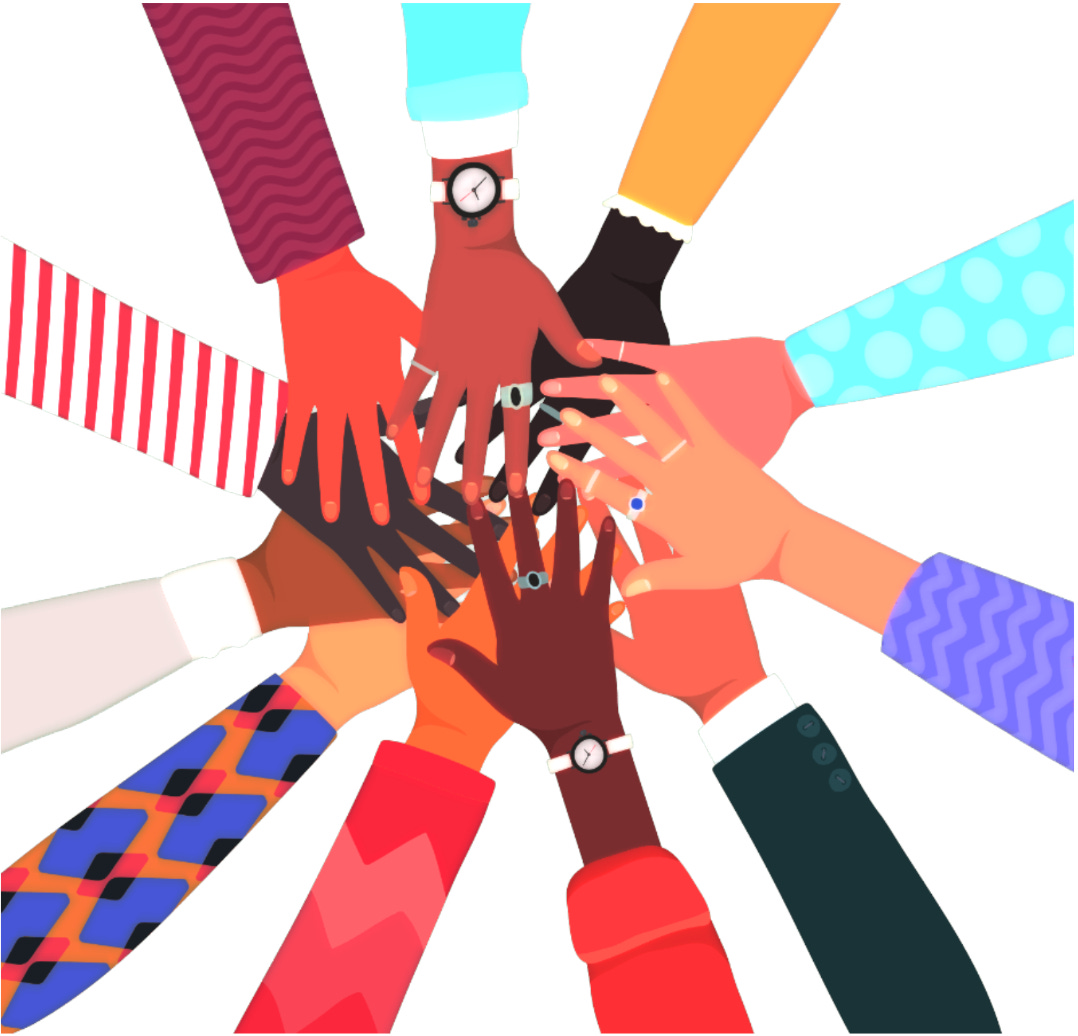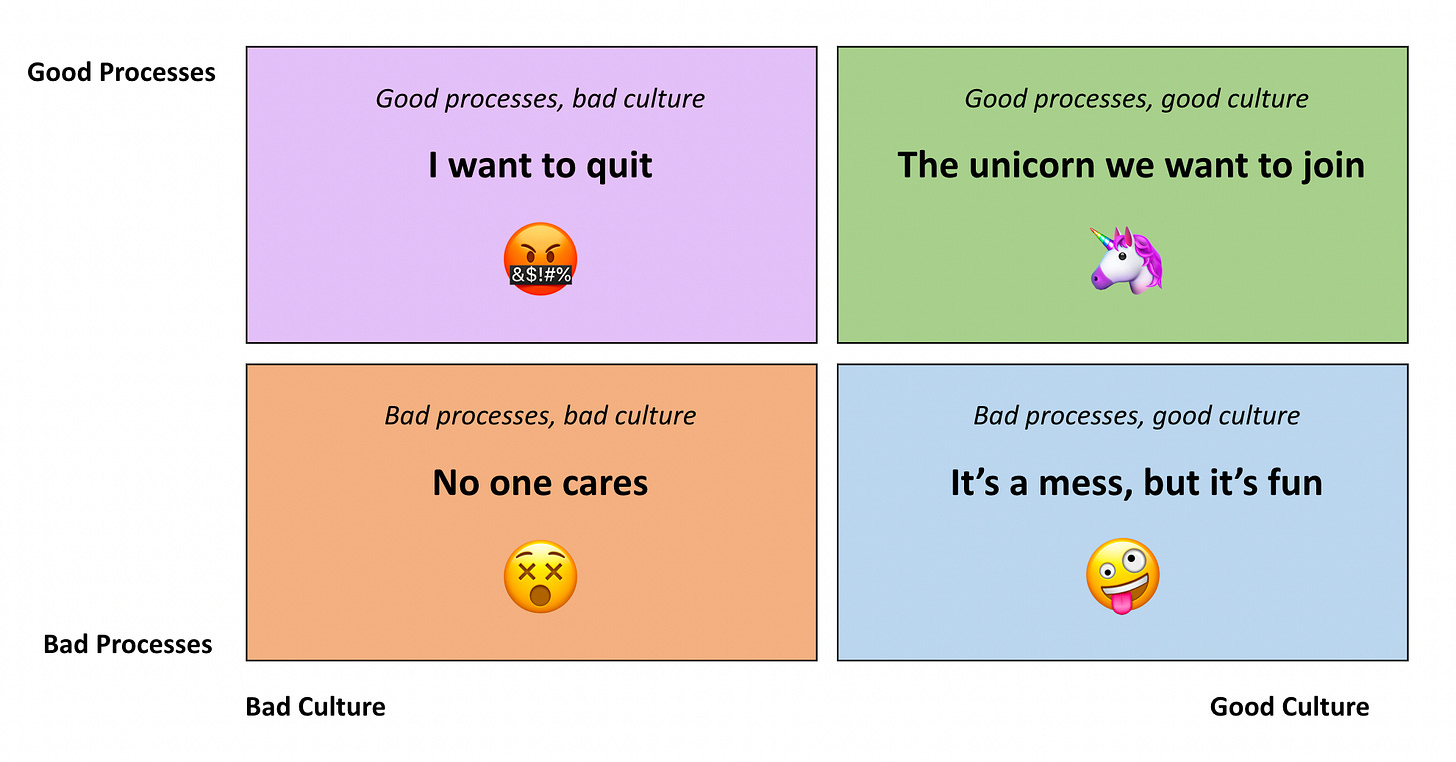[35] Coordination in Decentralized Organizations
GM readers,
Hope you had a great weekend!
Last week, we introduced the idea of DAO structures within Web 3. While they might have the potential to change the concept of work as we know it, just like any attempt at organizing people, they won’t come without their share of coordination challenges… and we want to double-click on why this is particularly important for DAOs to tackle early on.
Check out: Life in Color Twitter for summary threads of our our pieces there. 🧵🪡
If you enjoy reading, please consider sharing the Life in Color Substack with others!
Thanks for the continued support!
Have you ever been part of a large group of people trying to get something done?
We are constantly coordinating things in our daily lives, whether at work or with friends. Planning to do anything with any group of people is fundamentally a coordination exercise.
Regardless of the size of the group, it seems like coordination is challenging.
How much time do we spend deciding where to eat with a group of friends? Then there is coordinating the schedules and when to meet up. Who is going to take the lead to schedule the reservation?
At heart, this is about how a group of people comes together to achieve a common goal.
You see this at work, where the stakes feel higher: even a simple meeting or presentation requires coordination. What are the goals of the meeting? Who is working on the presentation?
Coordination and the “operating model” of any organization need to be carefully thought through. What you want is a model where people can show up and get sh*t done without needing much oversight.
Coordination has two key building blocks: process and culture. One is tangible, the other intangible.
Tangible is about how you architect the system to work… whereas the intangibles are things that are important, but admittedly harder to define… like culture.
On the process side, this means structure — figuring out incentives, documentation, governance… i.e. how we coordinate.
On the culture side, this means vibes — the camaraderie and ingrained ways of doing things that are part of a group’s DNA… i.e. why we want to coordinate.
You can’t have one without the other.
Coordination is an even bigger issue in DAOs. DAOs are simply organizations on the internet, with the goal of bringing people together to act toward a common goal. But DAOs face the coordination challenge more acutely than top-down organizations because without centralized leadership, orchestration becomes a lot harder.
Can we expect a group of 10s, 100s, 1000s, 10,000s or more people to actually come together in a clean manner and create processes and culture to coordinate with each other?
Obviously easier said than done… 🙃
But again, this goes back to the idea that coordination is challenging.
In our last article, we talked about how DAOs are a headless leadership model, where each contributing member acts as a steward. Now we want to understand what it takes to make this model successful.
Why is human coordination so hard?
Process vs. culture: the status quo
Unlike traditional organizations, DAOs are a bottom-up model where people choose to work together voluntarily, split the workload and get compensated for their input accordingly.
But it’s important to distinguish that we’re still in the early phases of DAO structures.
Where are we right now in DAOs?
Bankless and Orca Protocol did a great podcast outlining how DAOs today are very monolithic… which means there seems to be a one-size-fits-all model of governance, systems and processes that applies to the entire DAO space.
This is akin to traditional organizations like corporations only having one department… imagine if all the finance folks have to operate the same way that the marketers have to operate… feels like chaos… actually we know it’s chaos… some of us have lived that Web 2 life. 🙄
One-size-fits-all never fits all.
The way most Web 2 organizations operate focus on figuring out process: they first figure out the “tangible” stuff, like how people get paid, HR, systems, governance, etc. They don’t often focus on the intangibles (vibes / culture) like who do we want to be, what values matter to this group, etc., until (much) later. Culture has become sort of a hairy topic, even in the mainstream. Traditional organizations haven’t even gotten this right.
But you can’t scale with just process, culture is important too! Yet so many companies don’t emphasize the latter until further down the road (if at all…). They don’t build culture into the groups’ DNA.
You see this issue crop up in the scaling dilemma Web 2 companies face: it’s easy to disseminate culture, ‘police’ what’s good vs. bad behavior / values when it’s a small group of people. But that control becomes tough to maintain past say, 100 people, when the group is too big to get to know every single new hire.
This is why culture matters: you need to build in a way to share and replicate “good” behaviors 24/7 when the founders / early employees can’t anymore. Culture is what people do when the boss isn’t looking. If you wait to plan for it and build it… it’s already too late.
Now throw in the DAO model where there’s no top-down leadership to set the tone. Without early settlers building a group around culture first, things could get messy.
Process versus culture needs to become process and culture, especially in a DAO world.
You can think of it like a 2x2 matrix, where simply solving for one or the other doesn’t lead to optimal outcomes…
Coordination is always going to be difficult if you don’t optimize for both sides of the equation. You can have the best processes in the world, but if no one cares about it, no one will want to work for you.
Vibes a.k.a “culture” ends up being really important…
Process and culture: it’s a balance
Culture becomes increasingly important to DAOs over time because in a bottom-up system, people are able to freely come and go. In a top-down system, this is technically true if you have “at-will” employment, but switching costs in a top-down system like traditional employment is usually higher than, say, in a grassroots environment like DAOs.
Today, if you hate the culture at your workplace, you might suck it up… recruiting / interviewing is time-consuming, it takes time for the right opportunity to surface.
But if you hate the vibes of the DAO you join, you might leave ASAP. There’s nothing stopping you from joining a new one. Heck, there’s even a term on the internet called rage quitting among DAOs.
Because without culture and vibes, why would anyone join your community and support it? With grassroots models underpinning the Future of Work, an individual’s choice on where to devote their precious time and attention is virtually (pun intended) endless.
When people have endless options, getting them to commit to your project becomes that much harder (see our article on WTF is commitment).
So for anything grassroots, particularly like DAOs… culture, vibes, giving people a good experience become super important.
Tactically, setting the tone early matters in an output-driven model like DAOs that are headless, e.g., without top-down direction to keep steering the ship… imagine constant turnover in an environment that’s (pseudo) anonymous.
How would you build camaraderie amid constant turnover? 🤔
When people don’t have top-down leadership constantly setting the tone and showing what “good” looks like, the burden falls on a community’s members to carry the torch. Ultimately, this is why process and culture matter equally.
A DAO is like a perpetual spinning top whose motion depends on sustaining the vibes. We (community members) must all contribute to building the culture.
In DAOs, it’s come for the tokens, stay for the vibes.






